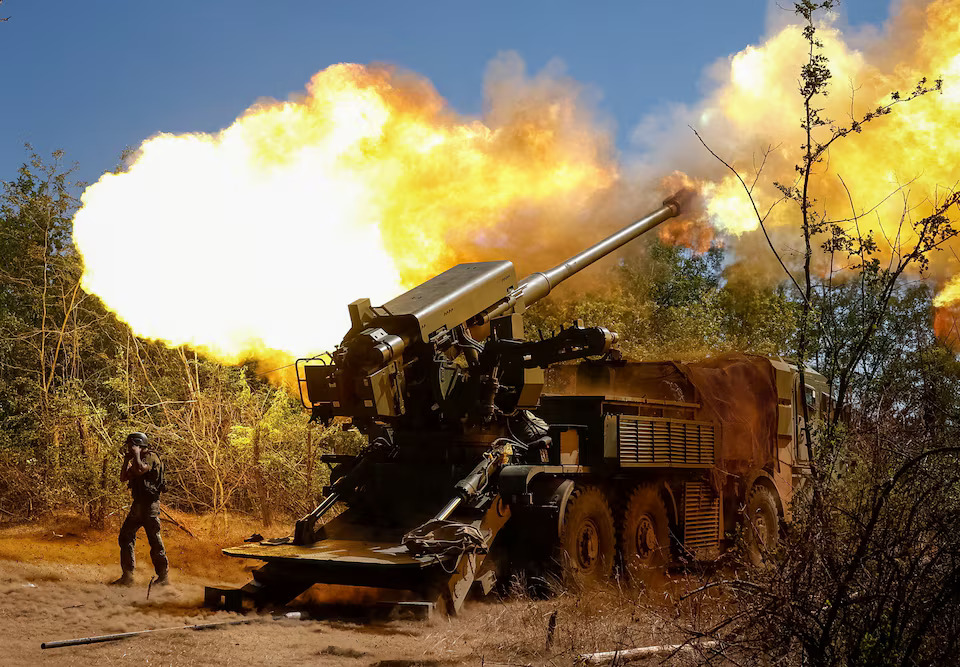WASHINGTON/SEOUL, Aug 22 (Reuters) -South Korean President Lee Jae Myung and US President Donald Trump are set to meet for their first summit next week, where they will address security issues and the future of the South Korea-U.S. alliance. The White House is expected to focus on the approach to nuclear-armed North Korea, with questions over the future of the alliance and the approach to North Korea being key topics. Trump’s push for Seoul to pay significantly more for the 28,500 American troops stationed in South Korea as a legacy of the 1950-1953 Korean War is a thorny issue for Lee. A key area of focus will be so-called burden sharing, and Trump is expected to push the South Koreans for more. Seoul is currently providing over $1 billion a year to support the U.S. troop presence and has paid to build the largest U.S. base overseas, Camp Humphreys. However, President Trump wants defense spending closer to 5% of GDP for all allies, with South Korea currently at 3.5%. There are discussions within the Pentagon about removing some U.S. troops from South Korea, and some at the Pentagon are trying to re-focus the alliance towards the threat posed by China. While a lot will depend on Seoul’s willingness, the desire is to discuss in broad terms how the alliance and U.S. forces in South Korea could be used to counter China. This could bring more headaches for Lee, who has expressed full support for the U.S. alliance but vowed to take a balanced approach between Washington and Beijing. General Xavier Brunson, commander of U.S. Forces Korea (USFK), said this month it was not a foregone conclusion that South Korea would be involved with any conflict over Taiwan, which China claims as its own. However, there should be a recognition that nothing happens in the region in isolation and U.S. troops in South Korea could be needed to “solve bigger problems.” Lee and Trump are likely to see eye to eye on North Korea, with both open to engaging its leader Kim Jong Un and the U.S. president frequently casting himself as a global peacemaker. North Korea has repeatedly said its nuclear weapons are not open for negotiation, and South Korean Foreign Minister Cho Hyun told parliament this week that reprocessing would be only for industrial or environmental purposes.

